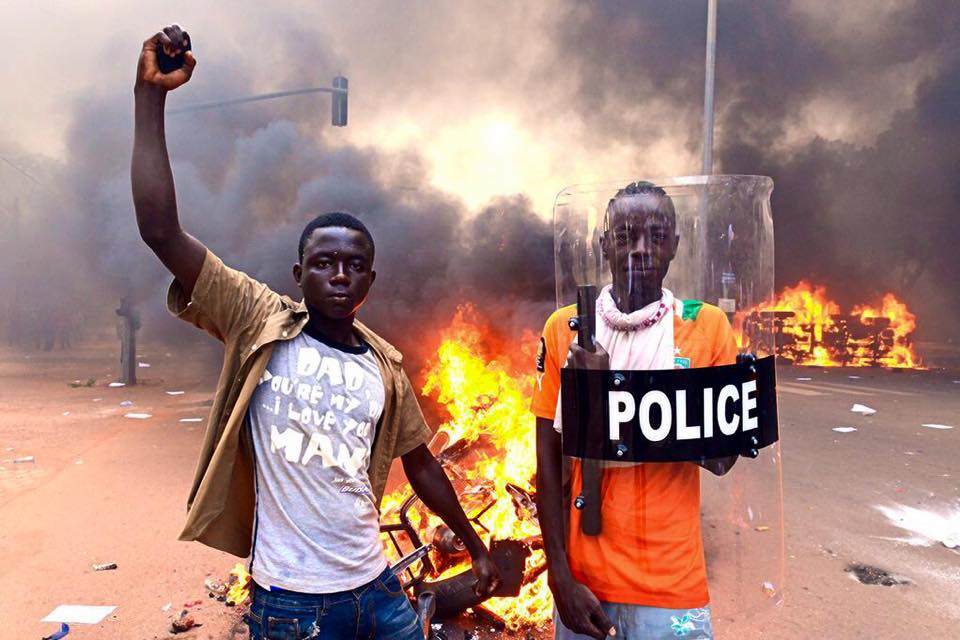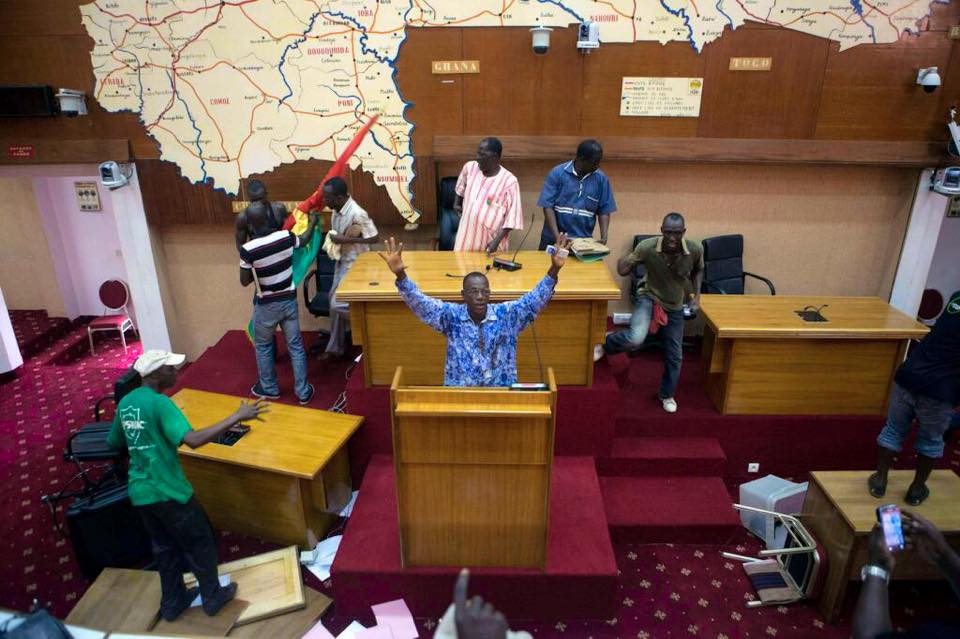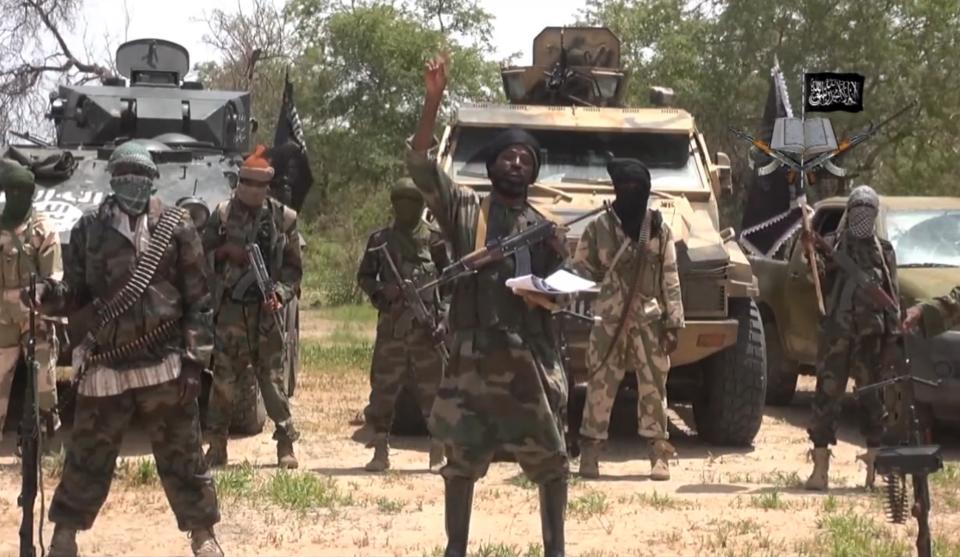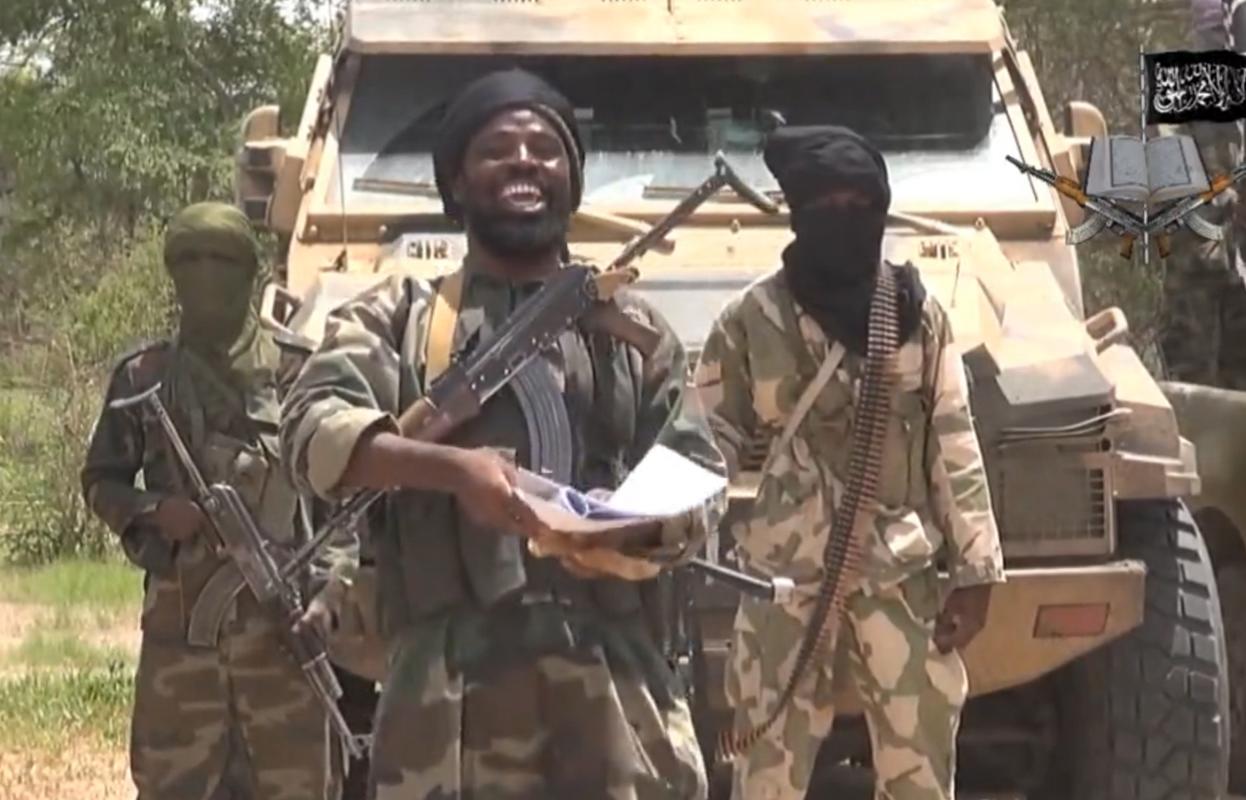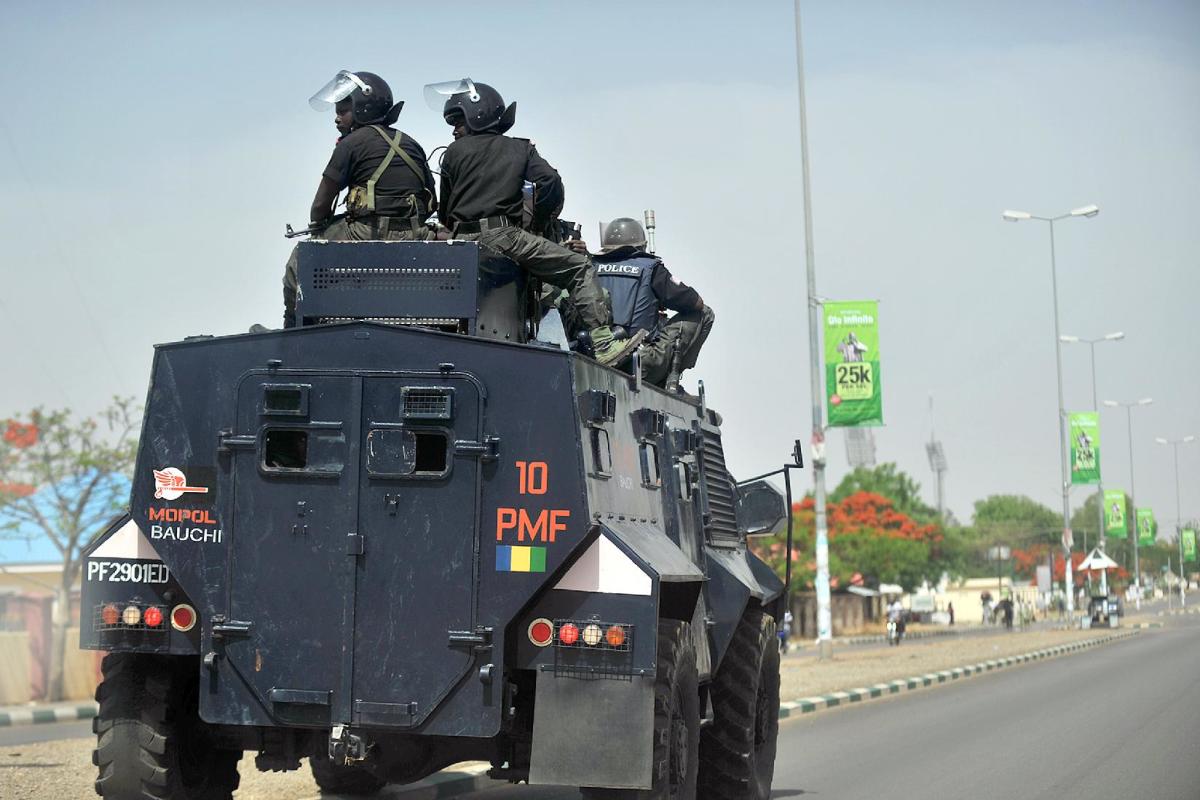On behalf of Human Rights Watch, an international organization that
seeks to promote and protect human rights in more than 90 countries, we
write to express our deep concern with the recent police raids on the
offices of the Gays and Lesbians of Zimbabwe (GALZ). On August 20, 2012,
police officers entered and occupied the offices of GALZ in Harare for
six hours producing a warrant only after the GALZ lawyers demanded it.
They confiscated documents, advocacy materials and computers. GALZ
advocates for the rights of lesbian, gay, bisexual, and transgender
(LGBT) people in Zimbabwe.
In the past decade, Zimbabwean authorities have intensified attacks
against members of GALZ including intimidation, arbitrary arrests and
beatings. President Robert Mugabe, in office since 1980, has been at the
forefront of anti-gay harassment, repeatedly using his office to insult
and denigrate gay and lesbian Zimbabweans. He has vowed not to allow
the inclusion of LGBT rights in Zimbabwe’s new constitution, which is
being drafted.
The August 20 incursion was the second raid on GALZ this month. On
August 11, police raided the group’s office without a warrant after the
group issued its 2011 LGBTI Rights Violations Report and a briefing on
the draft constitution. During the raid, police briefly detained 44 GALZ
members, assaulting them with batons, slaps, and punches. A number of
injured members needed medical treatment. Police took the names and
addresses of all 44 members before releasing them without charge. The
following week, police went to some of the members’ homes and took them
to police headquarters for further questioning
In May 2010, police arrested two GALZ staff members on spurious
charges, including “insulting the president,” after the group displayed a
letter from the mayor of San Francisco criticizing Mugabe for being
homophobic. Police assaulted the two and detained them for six days,
pressing them to provide a list of GALZ members. Both were acquitted six
months later. One has since fled the country out of concern for her
safety.
In July 2012, the police summoned the director of GALZ to confirm
that they were continuing to pursue the “insulting the president” charge
because the letter is still on display. Under section 33 of the
Criminal Law (Codification and Reform) Act, it is an offense to insult
the president or bring the office of the president into disrepute.
Police said they would prosecute the GALZ director for displaying the
letter unless GALZ volunteered the name of another member who would take
liability for this action.
The government’s actions against GALZ are contrary to basic rights in
both Zimbabwe’s existing constitution and the draft constitution under
review. They violate Zimbabwe’s obligations under the African Charter on
Human and Peoples’ Rights and the International Covenant on Civil and
Political Rights, which guarantee the rights to non-discrimination,
liberty and security of the person and privacy, freedom of expression
and thought, and association and peaceful assembly.
Human Rights Watch welcomes the ongoing constitutional review process
and urges your coalition government to honor the coalition government’s
Global Political Agreement to allow all Zimbabweans to participate
freely in all national processes. They should ensure that the review of
the constitution results in a document that is tolerant and promotes
equality and human rights for all without regard to sexual orientation
or gender identity.
We hope that our recommendations will prompt the government to take
concrete steps to stop the harassment of LGBT activists and honor its
human rights obligations.
source : Human Rights watch website
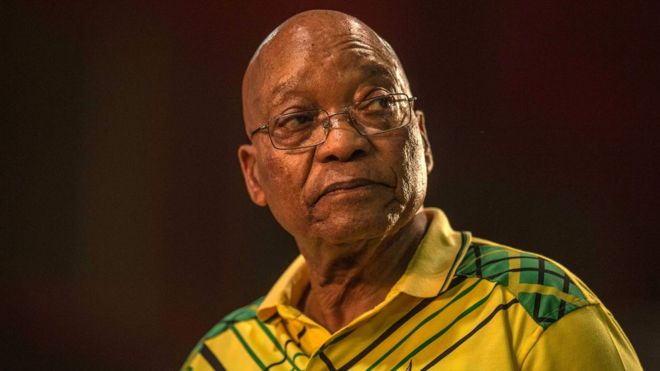


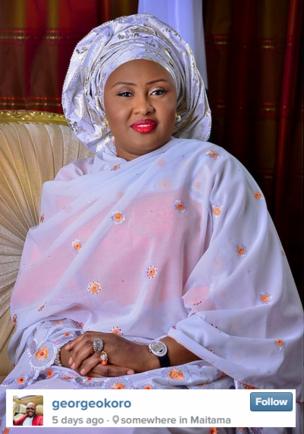
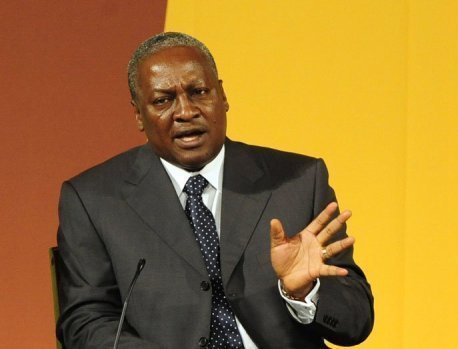
![IMG-20141030-WA0019[1]](http://www.citifmonline.com/wp-content/uploads/2014/10/IMG-20141030-WA00191.jpg)
